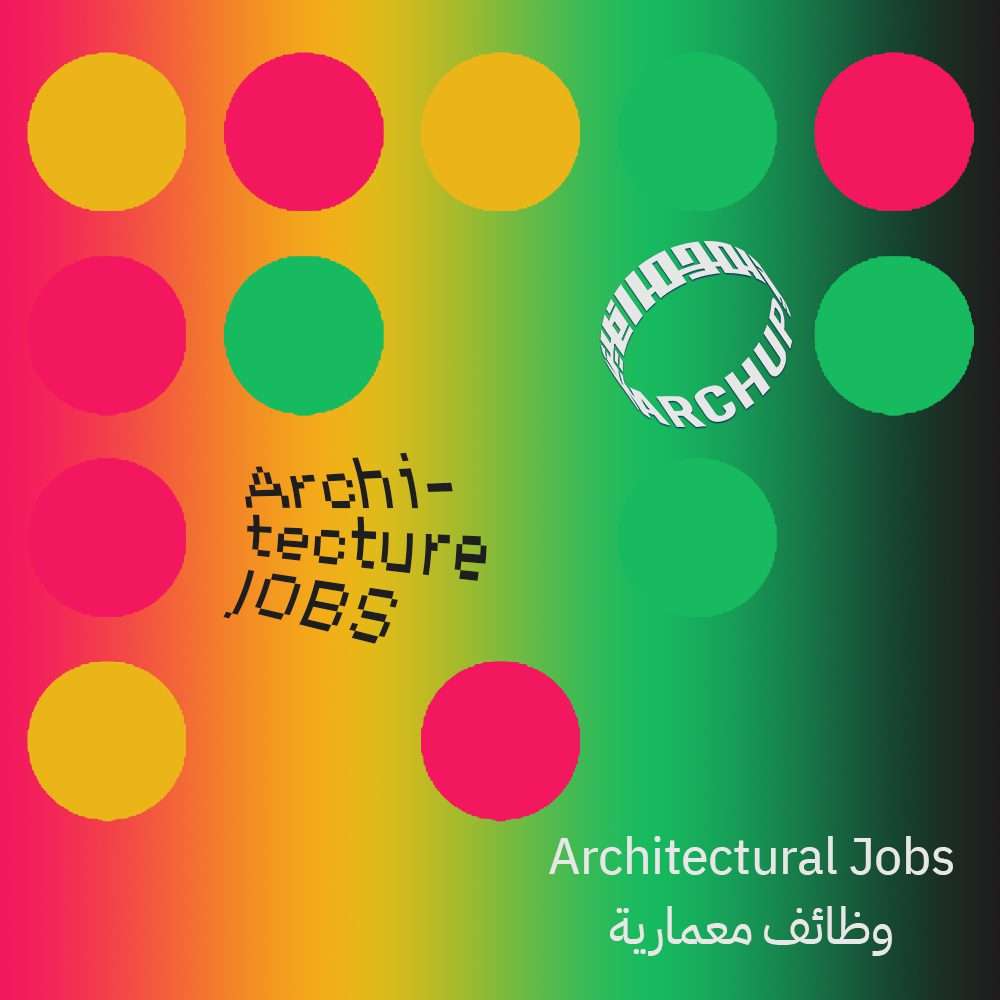PhD Studentship – Mapping Citizens’ Built-environment and Public Space Use Preferences in a Changing Climate
Opens: Wednesday 30 March 2022
Number of Places: 1
Duration: 3 Years
Funding: Home fee, Equipment costs, Stipend
Overview
The objective of this PhD project is to help citizens and policy makers understand built-environment related uses and choices and affected and affect climate change, to investigate how citizens individually value alternative solutions, and to analyse their cost and benefits for relevant communities. The work will benefit from the Atlas and its detailed spatial profiling of Glasgow’s metropolitan area, and develop interactive ways to examine practices and test alternatives.
Eligibility
Applicants should have an MSc in civil and environmental engineering, architecture, data science, geography, policy, transport or urban planning. A solid background in statistical modelling, econometrics or data science and a strong interest in urban and human geography and transport studies. Programming experience in R or python is an advantage.
Required skills varies according to the profiles as described in the project details tab. Each of the profiles includes disciplinary knowledge, existing methodological skills, and computational capabilities. Fundamental to all four profiles is an interest in interdisciplinary research as well as a creative, proactive and exploratory attitude at the interface between social science and engineering.
Project Details
Introduction: academic context & shared project
We are seeking an excellent PhD student to join a community of scholars and fellow students working on urban policy and planning across faculties at the University of Strathclyde. The position fully funded under the “Jeremy Whitehand Doctoral Scholarship Scheme”.
The awarded student will have the unique opportunity to work with a team of researchers and other PhD students on developing the research base for the project “People Make Places: A Living Atlas of Urban Form in West of Scotland”, the inaugural initiative of the new Strathclyde Centre of Urban Policy Planning and Technology.
The focus of the overall project is on building a dynamic atlas of Glasgow and the West of Scotland, in which the link between digital information and local action is constantly re-generated and actioned. The focus of this PhD wll be on Glasgow to allow for hands-on research as well as easy reach to problem-owners and stakeholders. The innovative nature of atlas is based on the dynamic interrelation of spatial, non-spatial and intangible information across the digital and the physical space, data and communities, and visuals. The open and interactive aspects of the atlas create a vehicle for engagement, as well as a platform for supporting policy and decision-making.
Whilst the candidate will work with other PhD students and the lead staff, she/he should proactively take ownership of the project and creatively contribute to shaping it. We are seeking profiles of adventurous scientists willing to break the boundaries between disciplines while pursing disciplinary excellence, at the interface of data science, urban ecology and design, community empowerment and governance innovation.
The specific PhD research that the candidate is expected to undertake is detailed below
- Mapping citizens’ built-environment and public space use preferences in a changing climate
- Climate change is affecting how citizens use, experience and perceive the urban environment, all around the world
Actions of climate mitigation and the need to adapt to a changing climate require citizens to rethink personal choices, including how we move about, what and how we use energy services, as well as how we collectively use space, both indoor and outdoor. Personal choices and collective choices about the way citizens interact with the bult environment are connected. Therefore, citizens’ response to climate mitigation and adaptation actions and their outcomes will be affected by the mutual interactions between personal and collective preferences. For example, mobility choices affect the way local traffic interacts with citizens outdoor activities and, therefore, the perceived suitability of public outdoor spaces for such activities; indoor public spaces become attractive for community life in bad weather or during heat waves, especially for groups whose choices in residential energy services are constrained by affordability or tenure type; combined housing typologies i.e. terraces, tenements, blocks, share open space and services that can be organised and used more efficiently at community level.
As the relationship between personal choices and collective choices amongst built environment alternatives evolves, a deeper understanding of their mutual effect on climate mitigation and adaptation needs to be developed amongst citizens and policy makers. Because it is in residential environments that the connection between personal choices and collective use is more evident, the research will focus on these types of environments, although not exclusively.
The objective of this PhD project is to help citizens and policy makers understand built-environment related uses and choices and affected and affect climate change, to investigate how citizens individually value alternative solutions, and to analyse their cost and benefits for relevant communities. The work will benefit from the Atlas and its detailed spatial profiling of Glasgow’s metropolitan area, and develop interactive ways to examine practices and test alternatives.
Appropriate methodologies may include the development of choice experiments, surveys and interviews to collect novel preference data; the use of advanced choice modelling techniques to model such preferences; and data fusion techniques to integrate newly collected data with existing publicly available datasets.
The successful candidate will help inform policy, highlight and overcome inclusivity shortcomings in aspects of climate mitigation and adaptation policies, and identify alleviating solutions. Outcomes of policy interest include the health and welfare of as well as the environmental impact on citizens.
Successful candidates should have a solid background in statistical modelling, econometrics or data science and a strong interest in urban human geography and transport studies. Programming experience in R or python is an advantage.
Further information
PhD Programme
You will be registered to the new ESRC accredited graduate programme at Strathclyde in Human Geography, Environment and Urban Planning, under the direct responsibility of professor Sergio Porta and professor Scott Cunningham. In addition to the training provided, you will be able to attend a selection of the classes from various MSc level courses across the university depending on your background, training needs and specific research topic.
Your work will be conducted within the Centre for Doctoral Training in Urban Policy, Planning and Technology, at the core of the newly established Strathclyde Centre of Urban Policy Planning and Technology. As part of the inaugural flagship project of the new Centre, you will have the chance to contribute setting its agenda and open new ways to innovation in your field. Membership in these centres will enable you to engage with a vibrant community of PhD students and academics consisting of a number of PhD students and academics, meeting weekly. The group has several funded research projects and a publication pipeline in which you will have opportunity to participate. In your second and third year, depending on your progress, you will also have opportunity to contribute to teaching activities. Finally, you will have the opportunity to engage with our external partners who will provide summer internship opportunities to expose you to industry and policy related projects and to gain on-the-job training.
Expected outputs
Expected outputs for this studentship would include 3-4* articles in relevant fields, public engagement events to communicate the research to policymakers, and future grant applications to support signature research in this area.
Pandemic arrangements
The health, safety and wellbeing of our staff, students and their families remain at the forefront of decision-making at Strathclyde. We are committed to providing a first-class learning experience for all our students in a safe and supportive environment. Currently the University of Strathclyde’s on-campus facilities are open to students and staff in a blended learning experience, where arrangements have been established for remote work/study as well as in-presence contact. Updates on the local situation are constantly offered to our students and staff through the University’s Coronavirus pages.
Funding details
Scholarships are offered under the “Professor Jeremy Whitehand Doctoral Scholarship Scheme”. The funding covers the home fees for a PhD in Scotland. In addition, a stipend is paid, which is received on a regular monthly schedule.
Funding includes the following for 36 months from 1st October 2022:
- Waiver for tuition fee (home rate)
- £17,000 per annum living stipend (tax-free, paid monthly)
- IT equipment
- Support for conferences and field study (if applicable)
The funding covers the stipend at the home rate (not the international rate). To be classed as a home student, applicants must meet the following criteria:
- Be a UK national (meeting residency requirements), or
- Have settled status in the UK, or
- Have pre-settled status (meeting residency requirements) in the UK, or
- Have indefinite leave to remain or enter in the UK
Applicants who do not meet the home tuition rate criteria are still eligible to apply for the scholarships. They would receive the monthly stipend and contribution towards their tuition fee at the home tuition rate, but the difference between the international tuition rate and home tuition rate (currently £10,800 per annum) must be financed by the student or their third-party sponsor.
Please indicate if you are eligible for the home tuition rate and if not, your additional funding source in your cover letter. We also welcome fully self-funded or externally funded applications for additional places. Please indicate this in your cover letter.






